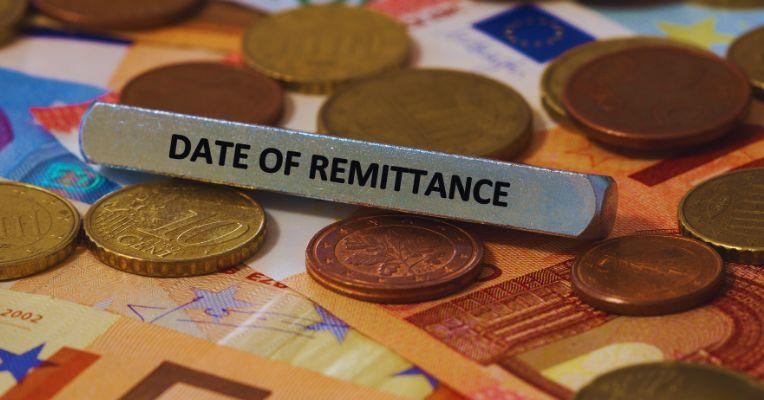Artificial Intelligence (AI) is revolutionizing many industries, and the real estate sector is no exception. Experts from the real estate and construction industries, along with AI consultants, gathered at the PropTech Convention 2024 to discuss how AI can change the real estate market in Pakistan. Let’s break down the important points shared by these industry leaders in simple terms.
The Role of AI in the Real Estate Sector
AI is making a big impact in the real estate industry. It helps with making better decisions, improving safety on construction sites, and managing properties more efficiently. AI tools can analyze data, predict trends, and even help design smart buildings.
One of the experts at the PropTech Convention, Dr. Muhammad Abbas, explained how AI is a game changer for both the real estate and construction sectors. According to him, AI offers unprecedented opportunities to make the industry more efficient and sustainable. It can help in many ways, including:
- Improving efficiency: AI can help automate tasks that were previously done manually, saving time and reducing errors.
- Innovation: AI brings new ideas and technologies that can change how buildings are designed and managed.
- Sustainability: AI can help create smarter, more energy-efficient buildings that use fewer resources.
Challenges in Pakistan Real Estate Market
Despite the potential benefits of AI, there are several challenges facing the real estate sector in Pakistan. Abdul Kareem Adhia, a leading property tycoon, shared his thoughts on some of these issues. He pointed out that while many Pakistanis invest in real estate in Dubai, they do not trust their own country’s real estate market. One of the main reasons for this is the risk of scams and corruption in the industry.
- Corruption and Poor Governance: Adhia said that some government officials are not working to improve the real estate sector. Instead, they take kickbacks and allow bad practices to continue, hurting the industry. He believes that removing corrupt officials is necessary to make the sector grow.
- The Impact of the Nasla Tower Incident: The demolition of Nasla Tower in Karachi hurt the trust of investors. Adhia argued that instead of demolishing the building, the government should have punished the officials who allowed the project to continue despite problems. This situation has made many investors hesitant to put their money into Pakistani real estate.
- Shortage of Housing: There is a shortage of about 1.5 million houses in Pakistan. With rising inflation and a lack of affordable housing, many people are struggling to find homes. Adhia also mentioned that foreign investment is needed to help solve this problem. If more Pakistanis living abroad invest in the country’s real estate, it could boost the sector.
How AI Can Help Overcome These Challenges
AI can play a significant role in addressing some of these problems. Here are a few ways AI can help:
- Risk Assessment: AI tools can analyze market trends and assess the risks of investing in real estate. This helps investors make informed decisions and avoid scams.
- Transparency: AI can be used to ensure transparency in real estate deals. It can track the entire process, from buying land to building properties, making it harder for corruption to take place.
- Smart Construction: AI can help design and construct buildings more efficiently. For example, AI-powered tools can simulate construction scenarios and predict issues before they happen, helping avoid costly delays.
- Safety on Construction Sites: AI can monitor construction sites to ensure worker safety. Tools like Everguard.ai use AI to track workers’ movements and ensure they follow safety protocols, reducing the chances of accidents.
The Role of Academia in Shaping the Future of AI in Real Estate
Academic institutions play a crucial role in preparing the next generation for the future of real estate and AI. Dr. Abbas emphasized the need to integrate AI into university curriculums. By teaching students how to use AI in fields like architecture and urban planning, universities can help shape future leaders in the industry.
- Hands-On Experience: Universities should provide opportunities for students to work on real-world projects with industry leaders. This will give them practical knowledge and help them apply what they learn in the classroom.
- Research and Innovation: Universities should establish AI research hubs focused on sustainable design and urban development. This will allow students and researchers to explore new ideas and technologies that can improve the real estate sector.
- Ethical Use of AI: It’s also important to address ethical concerns related to AI, such as data privacy, algorithmic bias, and job displacement. Universities must teach students how to use AI responsibly.
AI Tools in Construction and Property Management
Some real estate companies in Pakistan are already using AI-powered tools to improve their operations. One such tool is Allytics, which uses CCTV cameras to monitor construction sites. This platform helps detect safety issues and ensures that the site is running smoothly.
Another tool, Landtrack.pk, helps in managing property transactions. It focuses on making the process more transparent and efficient.
AI Tools in Real Estate
| AI Tool | Purpose | Impact on Industry |
|---|---|---|
| Allytics | Uses CCTV to monitor construction sites | Helps improve safety, productivity, and overall site management. |
| Everguard.ai | Monitors workers’ movement and safety protocols | Reduces accidents by ensuring workers follow safety standards. |
| Landtrack.pk | Real estate platform for managing property transactions | Makes property buying and selling more transparent and efficient. |
Summary
AI has the potential to change the real estate sector in Pakistan in a big way. By improving efficiency, transparency, and safety, AI can help solve some of the biggest problems facing the industry, such as corruption, housing shortages, and low investor confidence.
However, for AI to be successful in Pakistan real estate market, there must be strong policies and regulations in place. This includes addressing poor governance and ensuring that the public and private sectors work together for the growth of the industry. By embracing AI and making necessary reforms, Pakistan can unlock the full potential of its real estate market and make it a more attractive place for both local and foreign investors.





